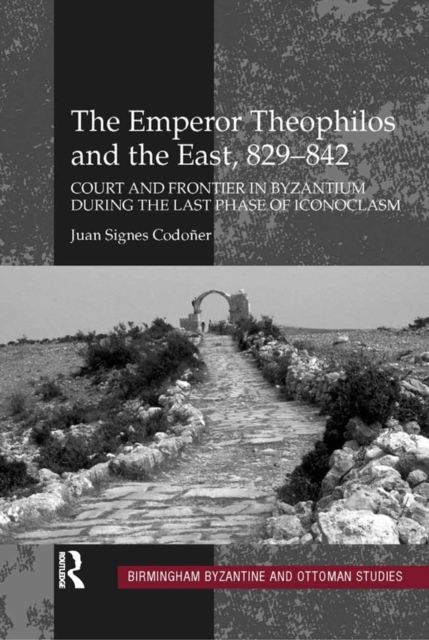
The Emperor Theophilos and the East, 829-842 : Court and Frontier in Byzantium during the Last Phase of Iconoclasm PDF
by Juan Signes Codoner
Part of the ISSN series
Description
Modern historiography has become accustomed to portraying the emperor Theophilos of Byzantium (829-842) in a favourable light, taking at face value the legendary account that makes of him a righteous and learned ruler, and excusing as ill fortune his apparent military failures against the Muslims.
The present book considers events of the period that are crucial to our understanding of the reign and argues for a more balanced assessment of it. The focus lies on the impact of Oriental politics on the reign of Theophilos, the last iconoclast emperor.
After introductory chapters, setting out the context in which he came to power, separate sections are devoted to the influence of Armenians at the court, the enrolment of Persian rebels against the caliphate in the Byzantine army, the continuous warfare with the Arabs and the cultural exchange with Baghdad, the Khazar problem, and the attitude of the Christian Melkites towards the iconoclast emperor.
The final chapter reassesses the image of the emperor as a good ruler, building on the conclusions of the previous sections. The book reinterprets major events of the period and their chronology, and sets in a new light the role played by figures like Thomas the Slav, Manuel the Armenian or the Persian Theophobos, whose identity is established from a better understanding of the sources.
Information
-
Download - Immediately Available
- Format:PDF
- Pages:532 pages
- Publisher:Taylor & Francis
- Publication Date:23/03/2016
- Category:
- ISBN:9781317034278
Other Formats
- EPUB from £35.99
- Paperback / softback from £39.99
- Hardback from £145.00
Information
-
Download - Immediately Available
- Format:PDF
- Pages:532 pages
- Publisher:Taylor & Francis
- Publication Date:23/03/2016
- Category:
- ISBN:9781317034278










